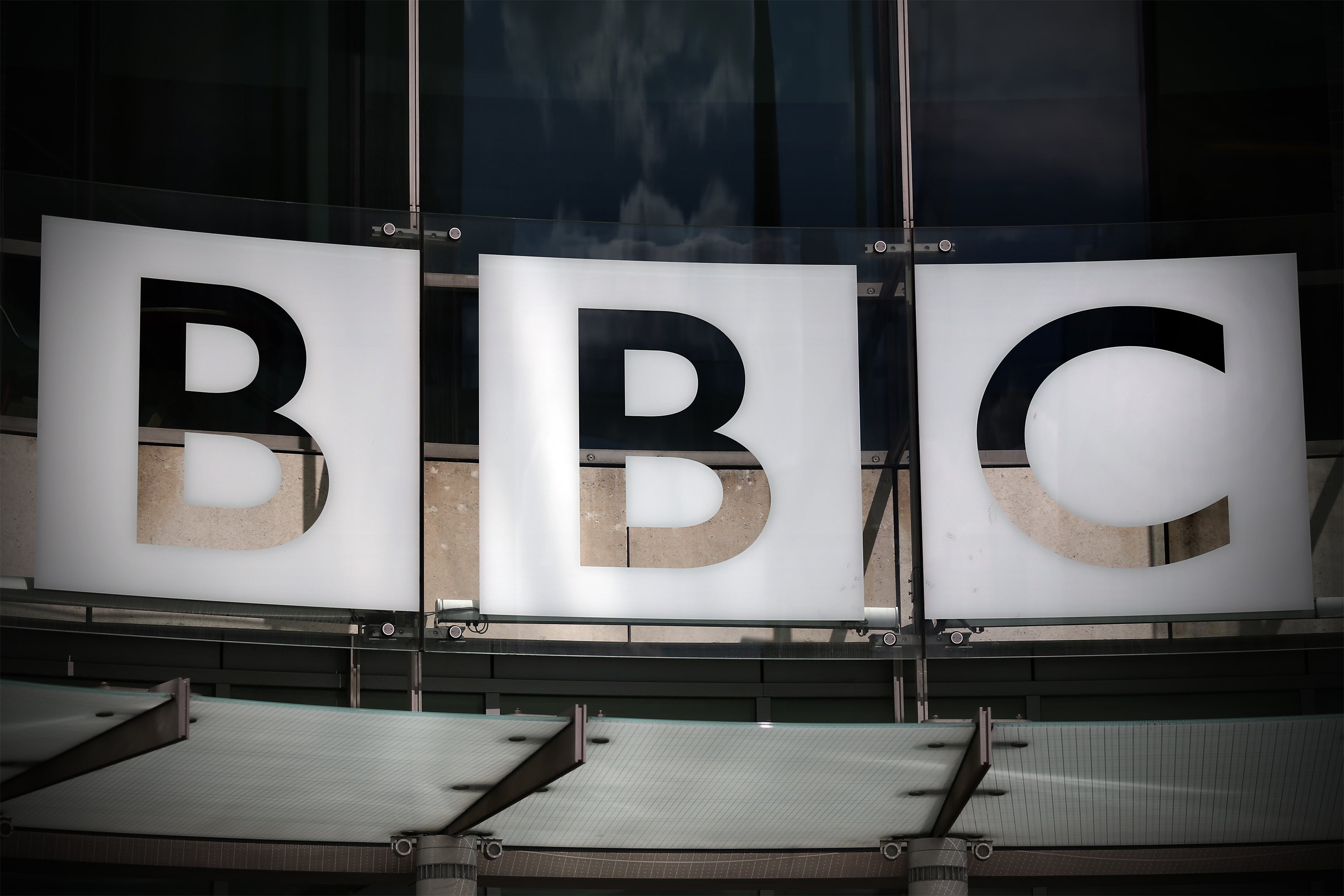Younger audiences drifting from BBC to YouTube, Ofcom says
Engagement with BBC content has dropped among audiences between 16 to 34 by 22 per cent in three years.

Your support helps us to tell the story
From reproductive rights to climate change to Big Tech, The Independent is on the ground when the story is developing. Whether it's investigating the financials of Elon Musk's pro-Trump PAC or producing our latest documentary, 'The A Word', which shines a light on the American women fighting for reproductive rights, we know how important it is to parse out the facts from the messaging.
At such a critical moment in US history, we need reporters on the ground. Your donation allows us to keep sending journalists to speak to both sides of the story.
The Independent is trusted by Americans across the entire political spectrum. And unlike many other quality news outlets, we choose not to lock Americans out of our reporting and analysis with paywalls. We believe quality journalism should be available to everyone, paid for by those who can afford it.
Your support makes all the difference.Younger audiences are drifting away from traditional broadcast services such as the BBC’s iPlayer and gravitating towards newer platforms like YouTube and Netflix, research from media regulator Ofcom suggests.
In its annual report on the broadcaster’s performance, Ofcom revealed that people aged 16 to 34 were spending less than an hour a day engaging with BBC content.
Overall, the age group has reduced its use of BBC services by 22 per cent in three years, the Ofcom report said.
The media regulator found that younger people were less likely to turn to platforms like iPlayer to browse for new content.
Instead, when they visit iPlayer, it is more likely to be to access specific content “when they know what they want to watch”.
Read more: Full list of shows on BBC this Christmas
The report did find, however, that while younger audiences were consuming less BBC content, they appeared to have a more positive attitude towards the broadcaster than their parents and grandparents’ generations.
One reason for this, Ofcom said, could be because they are more selective in what they choose to watch and therefore less likely to be disappointed in the content presented to them.
“In this context, they are more likely to feel they are well-represented across the programmes and content they consume, and to be happy with how they are portrayed,” the report said.
In addition to reaching younger generations, the Ofcom report said the BBC was also struggling to reach people outside of Britain’s capital and people from working-class backgrounds generally.
The report did find that the BBC “responded effectively and rapidly” to the Covid-19 pandemic.
“During the first lockdown, it offered significant amounts of educational content to fill the gap when schools were closed and increased its news provision,” the report said.
“BBC services were the most-used sources of news and information about Covid-19, well ahead of others, and were consistently considered the most important,” it said.
The report comes as the BBC faces a national debate on its future funding when the license fee model comes up for review in 2027.
Join our commenting forum
Join thought-provoking conversations, follow other Independent readers and see their replies
Comments